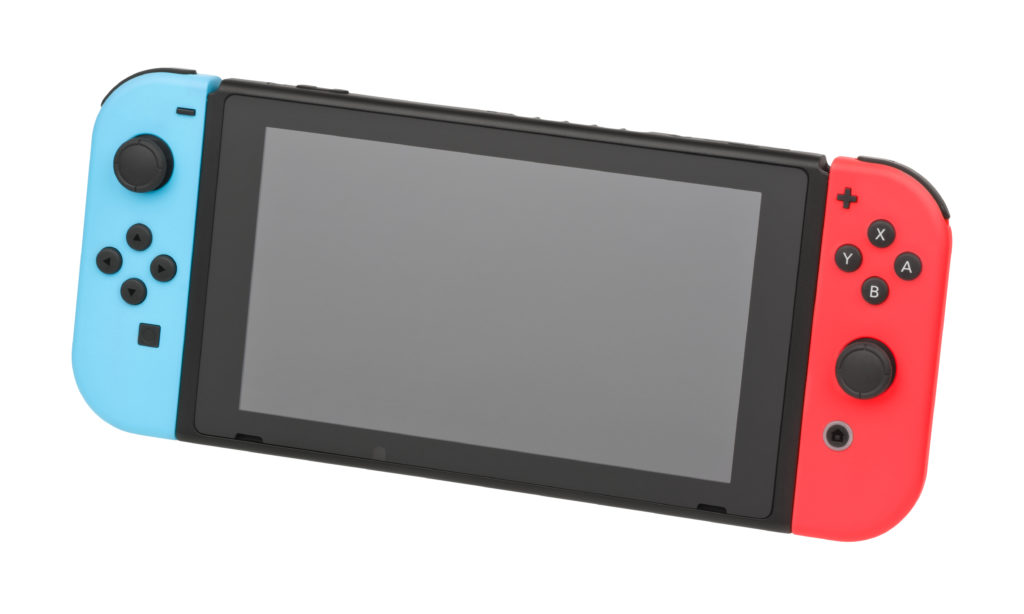In this week’s gaming news, Nintendo faced a class-action lawsuit over a Joy-Con hardware issue, the U.K. Gambling Commission weighed in on the use of loot boxes, and a recent gaming study revealed the frequency and severity of harassment in online gaming.
Nintendo faces class-action lawsuit over “drifting” Joy-Cons; offers to fix the issue for free
Nintendo Switch users took to the internet last week to join the conversation surrounding a recent Kotaku article calling for Nintendo to address “Joy-Con drift.” A slew of players reported that they experienced their Joy-Cons “drifting” in-game camera views to the side, hindering gameplay and overall enjoyment. The mass outcry led to a class-action lawsuit, Gizmodo reported, which accused Nintendo of knowingly producing “defective” products and failing to properly disclose the issue. This week, Vice reported that Nintendo has released an internal memo addressing “Joy-Con drift,” stating that all Joy-Cons will be repaired by the company for free and without warranty or proof-of-purchase. The press were indifferent to the news, with Forbes stating, “The problem, of course, is that even if all this is free, it’s still an inconvenience as you have to be without your Joy-Cons for an extended period of time.”
U.K. Gambling Commission claims FIFA loot boxes are not a form of gambling
According to Neil McArthur, chief executive of the U.K. Gambling Commission, loot boxes in games such as FIFA, PUBG, Overwatch, and more are not considered to be a form of gambling under current U.K. laws. The claim comes a month after EA and Epic Games defended the use of loot boxes before the U.K. parliament, and a year after Belgium and The Netherlands banned the use of loot boxes altogether. The wide use of loot boxes in games – especially those with a child audience – has sparked ongoing controversy from the public, who believe that loot boxes encourage child gambling and other addictive behaviors. Comicbook.com speculated, “If strict legislation is passed, we just might not be dealing with (loot boxes) for terribly long. However, until something like that pops up, companies will likely be continuing the practice, no matter how unethical some might feel it is.” Polygon, PC Gamer, Screen Rant, and more covered the news.
Recent study sheds light on the frequency and severity of harassment in online video games
The Anti-Defamation League’s Center on Technology & Society (ADL), in collaboration with Newzoo, released the results of a recent study that reports 74% of adults have experienced a form of harassment when playing games online, with 65% of participants classifying the harassment as “severe.” Participants reported being harassed on PC, console, and mobile, and claimed that attributes including race, religion, gender, sexual orientation, and ethnicity were targeted. Kotaku stated, “Gamers’ humor can be a bit extreme. We tend to take it for granted that someone might think it’s funny to type ‘kys,’ or ‘kill yourself,’ in an online game for laughs. But even if the behavior is done in a joking manner…it’s important to put a spotlight on it.” Outlets such as USA Today, Fox News, VentureBeat, and more reported on the news.

